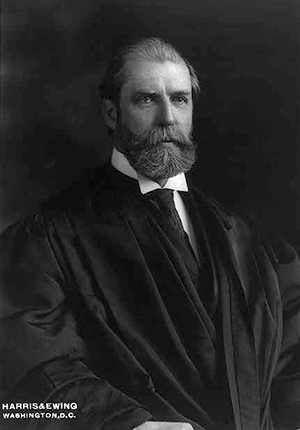Summary
Elsie Parrish, a female employee of the West Coast Hotel Company, sued her employer under a Washington state law regulating the minimum wage for female employees. The employer argued that the law infringed upon its right to freely contract. However, the Supreme Court concluded that state regulation was permissible when its purpose was to promote employee welfare. This case marked a turning point for the Court in recognizing a state’s power to regulate employer-employee relations, and a move away from the Court’s decision in Lochner v. New York.






